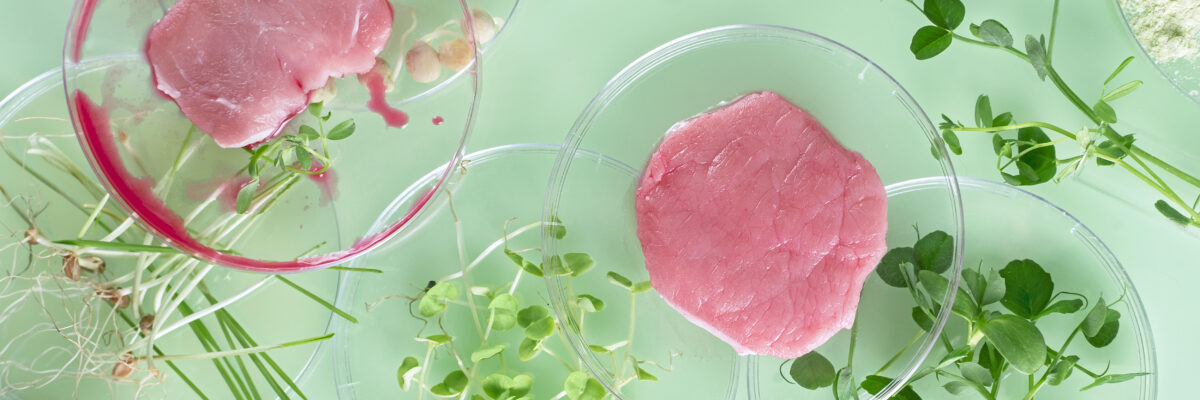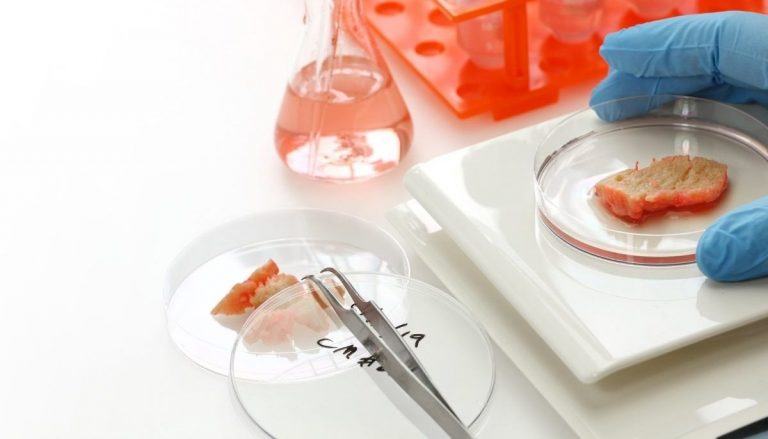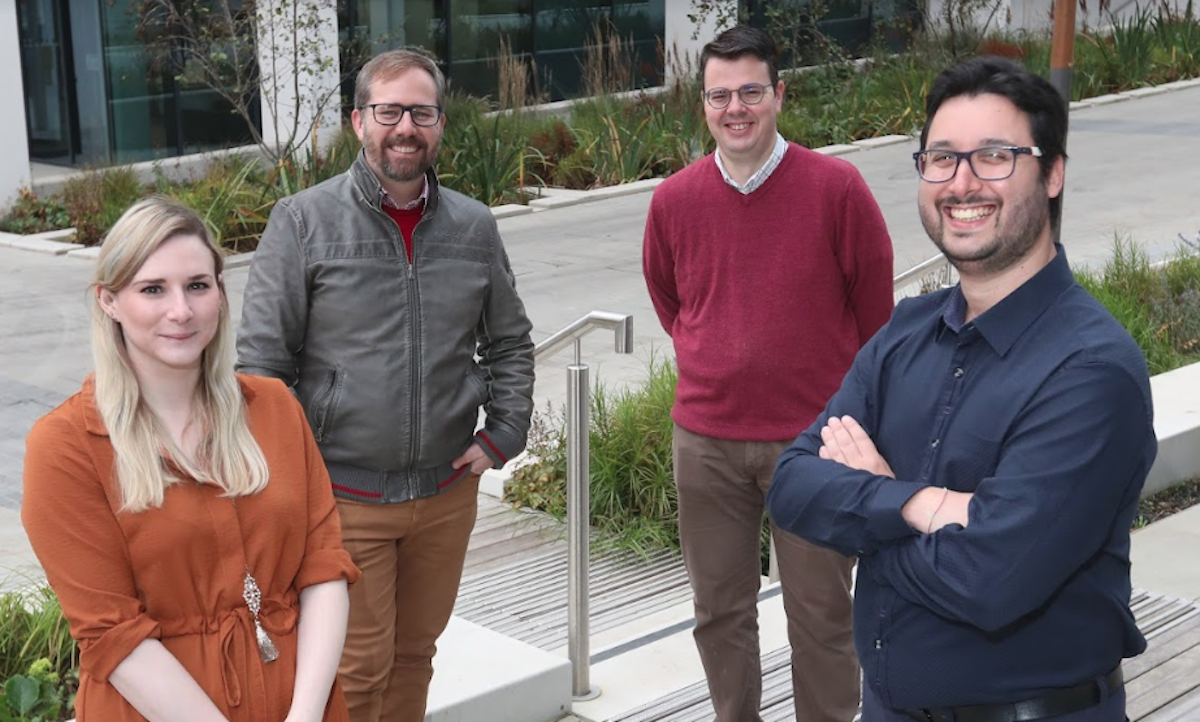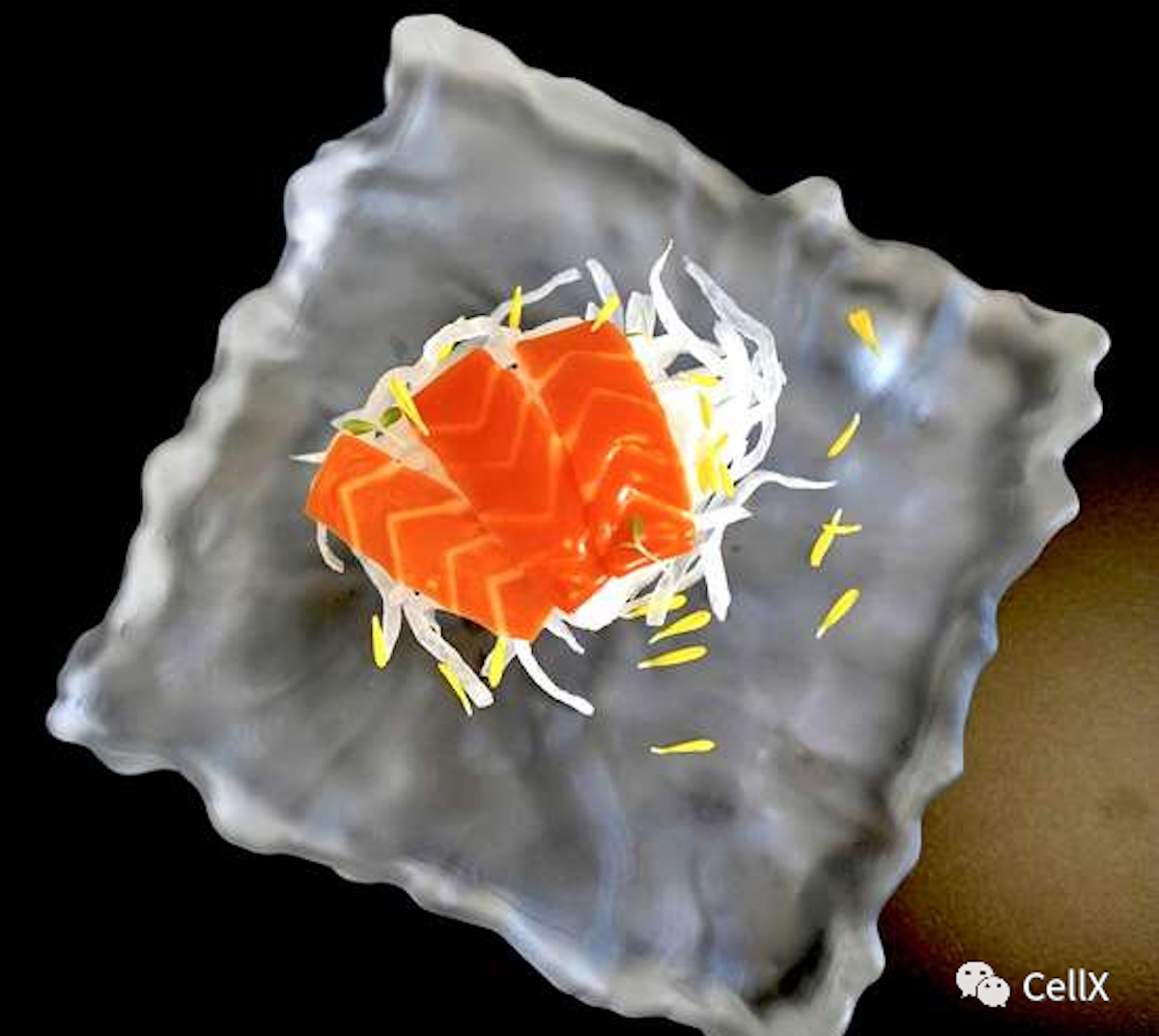Good Food Institute and EIT launch €100,000 Innovation Challenge to tackle costs of cultivated meat production

The Good Food Institute Europe (GFI Europe) has partnered with EIT Food to launch a €100,000 prize which aims to bring down the cost of producing cultivated meat.
According to GFI Europe and EIT Food, the cost of cell culture media is one of the biggest obstacles to commercialising cultivated meat.
The nutrient-rich material which feeds cells as they grow in a cultivator is an “essential part of the process”, but despite the progress being made by several companies it remains the most expensive element of the meat cultivation process. A GFI report from 2020 conservatively put the price of media around $377 per litre (£300).
In a bid to tackle this, the two organisations have launched the Cultivated Meat Innovation Challenge. The aim of the challenge is to award up to four teams from around Europe €100,000 each for projects that can drive down the cost of cell culture media.
GFI Europe has for some time been urging the governments of the bloc to invest in cultured meat and plant-based alternatives as a solution to the climate crisis.
It says cultured meat could cause 92% fewer greenhouse gas emissions than conventional meat.
Seren Kell, Science and Technology Manager at GFI Europe, said: “Cultivated meat has the potential to slash the carbon emissions of our food system while satisfying growing global demand for meat – but more research is essential to make this sustainable option affordable and accessible.
“The Cultivated Meat Innovation Challenge is a huge opportunity for the right team to help drive prices down, and could have a major impact on how quickly we can scale up production as part of a far more sustainable food system.”
GFI Europe and EIT Food are looking for cell culture media projects that address this challenge and have serious commercial potential. Successful applicants may ultimately receive substantially more funding from EIT Food to get their products to market, the organisation said.
Applications can be made from any country eligible for Horizon Europe funding, which for now still includes the UK.
Teams from all sectors are welcome to apply, including academia, government, industry, start-ups and non-profits. However, all applicants are “strongly encouraged” to provide a letter of intent from a company demonstrating that the project can be brought to market.
Kell added: “We want to see ideas that use recognised technical or scientific knowledge but bring a fresh perspective to the problem and – crucially – are ready to be commercialised within two to three years.”
Interested applicants have until 30 September to apply through the EIT Food website.








